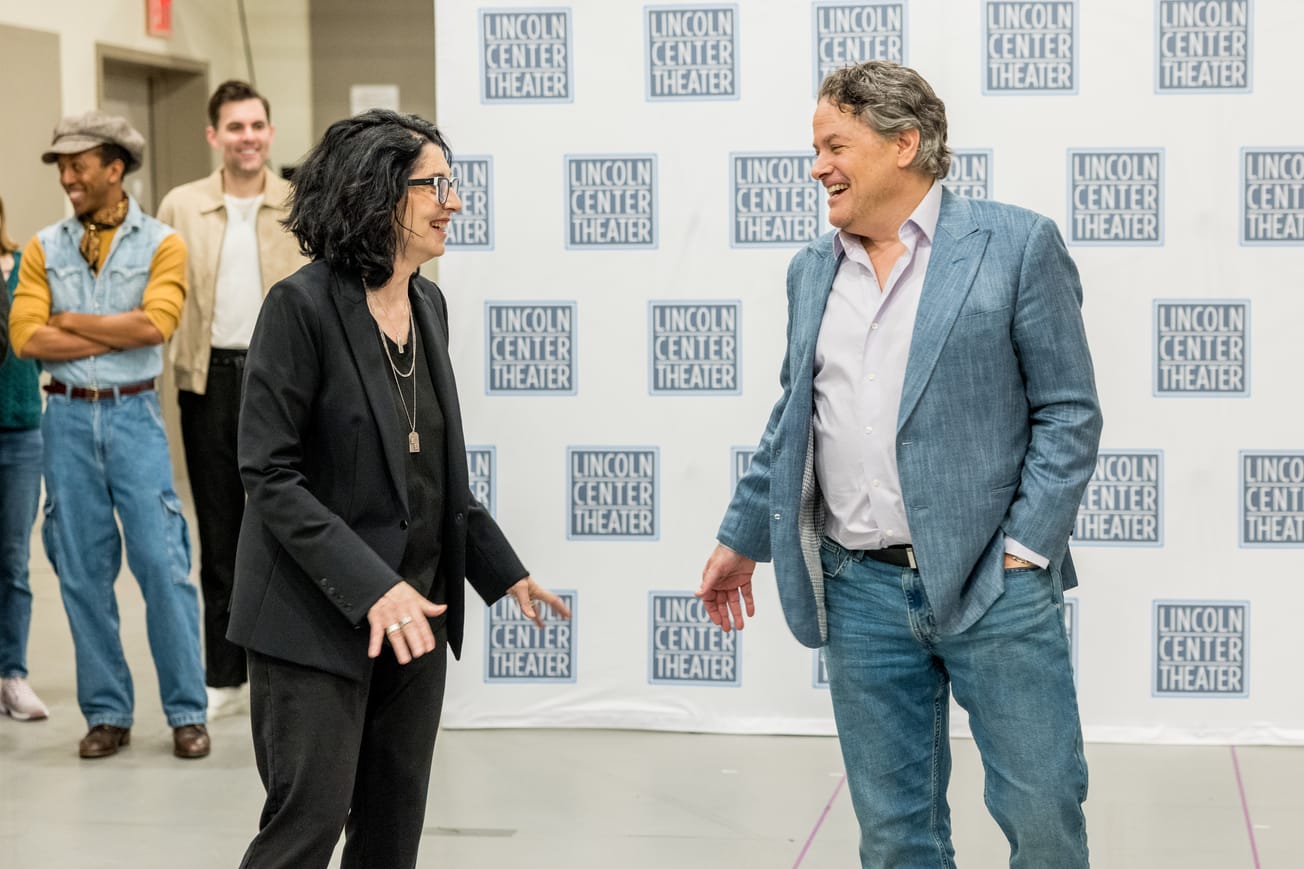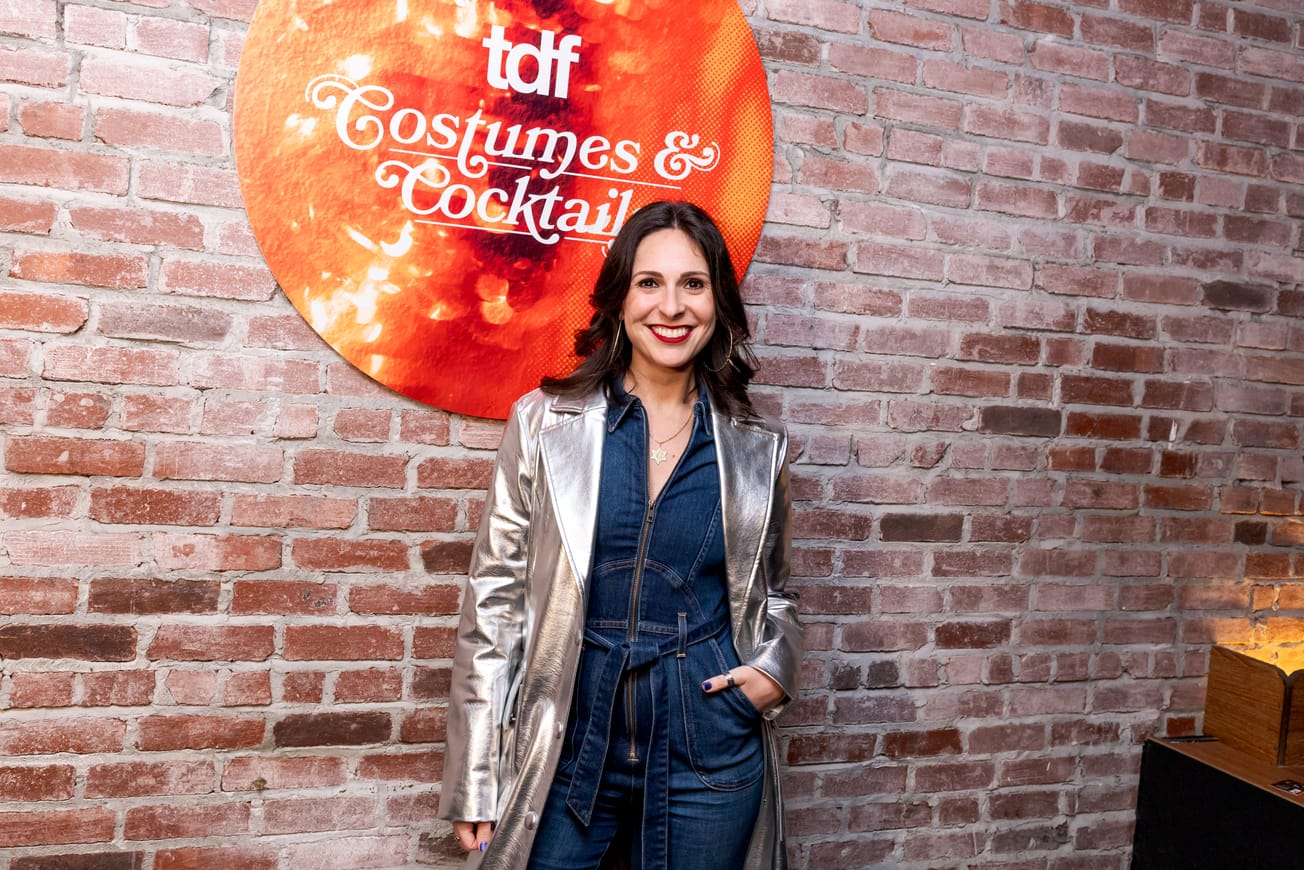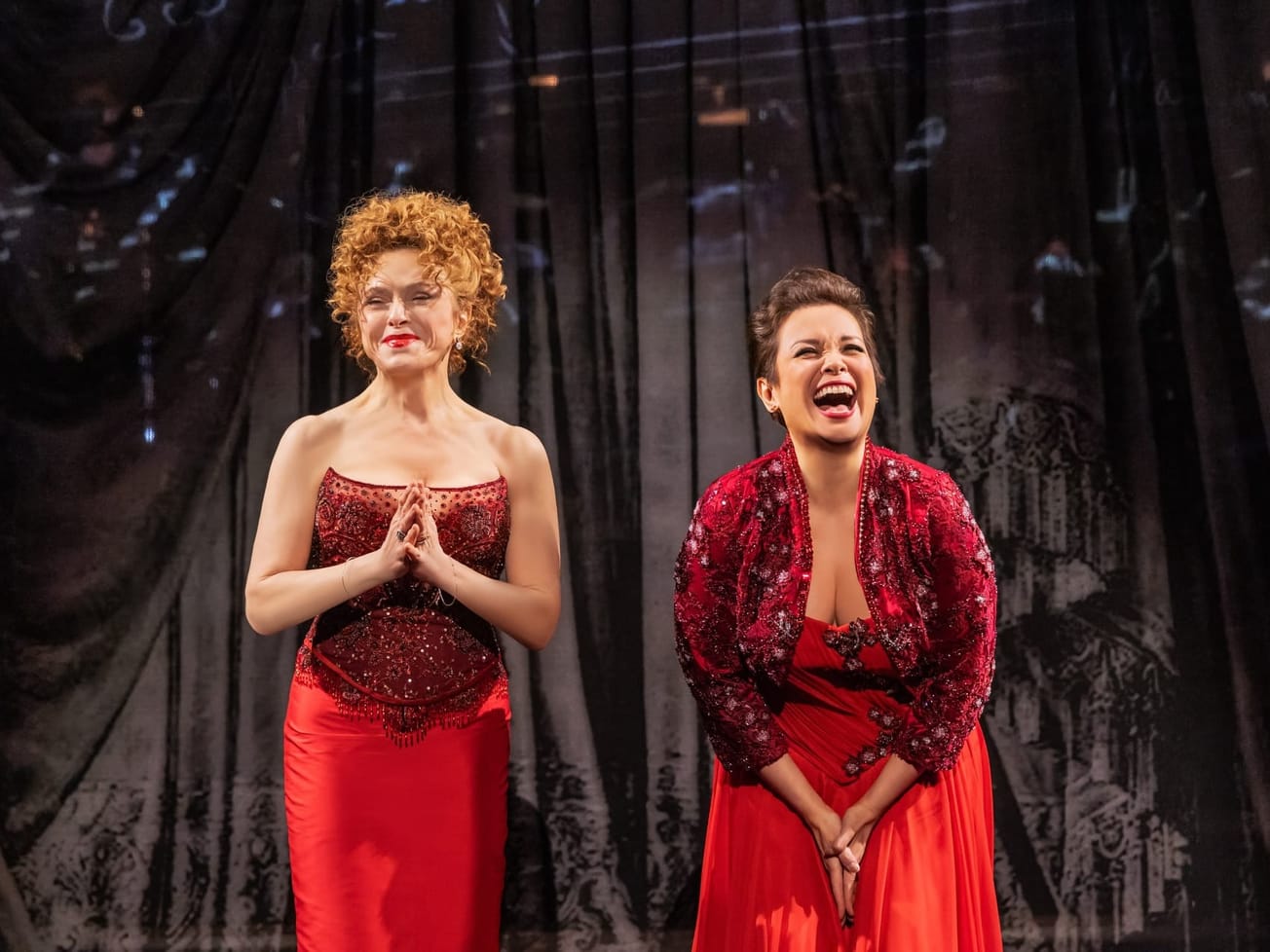Members of the theater community are pushing for industrywide protocol on sexual harassment following reports of sexual assault by Broadway and Hollywood producer Harvey Weinstein and by actor Kevin Spacey.
More than 80 women have accused Weinstein of making unwanted sexual advances, after reports first appeared in The New York Times. That motivated actor Anthony Rapp to come forward about a reported sexual assault he faced from Spacey when Rapp was 14 years old. These allegations have rippled through the theater community, with industry members continuing a call for more comprehensive policies on Broadway, as theaters abroad make changes.
The unions and guilds have their own policies meant to combat harassment, as do some theaters. These policies, however, can exist in a silo, making it hard for artists across different disciplines and at events outside of the theater to report harassment.
“I wish there were sort of an HR department that could serve the entire theater community,” said Rachel Dart, founder of the project “Let Us Work,” which is designed to combat sexual harassment in theater.
To that end, The Dramatists Guild of America said it has been working to cement its own sexual harassment policies, which they hope can be used by others to address what they call “a long-festering” issue.
“What is required is an industrywide and long-term approach that involves all the theatrical unions and guilds, as well as the theaters and producers, where people victimized by such illicit behavior will know that they’ll have someplace to go to get support and confidential advice independent of any one union or employer, and that there will be mechanisms made available to those seeking redress regardless of the power and influence of the perpetrators,” the Guild wrote in a statement to Broadway News.
The Stage Directors and Choreographers Society said that is “committed” to the effort of setting community-wide standards, but that finalization of these could take time.
“Proceeding as a community to develop explicitly stated shared values and standards for behavior is essential. But to make certain the steps we take are thorough and effective, developing mechanisms beyond internal union grievance procedures, employment policies and commonly held beliefs will require deep consideration,” the union wrote in a statement to Broadway News.
Members of the theater community have been pushing for a set of standard policies since 2015. Led by playwright Julia Jordan and actor Marin Ireland, members from the Actors’ Equity Association, the Dramatists Guild and the Stage Directors and Choreographers Society met in January of that year to outline protocols they would like to see implemented across theater organizations.
Their policy recommends that a statement outlining how to file a complaint about sexual harassment be read at the beginning of the first meeting of every professional production, that each union or guild designate a person to receive those complaints and that a neutral meditator be made available when needed.
Ireland said discussions have renewed after these recent allegations and that she is working with Equity and The Actors Fund to hold panels and put some of the suggested steps in place.
“It’s really big,” Ireland said. “Before it was much more of a question of whose responsibility is workplace safety.”
In the last year, she notes, Actors’ Equity has partnered with The Actors Fund to implement a training model on how Equity business representatives should respond to sexual harassment, which they say could be used elsewhere.
The 2015 statement was signed by more than 500 members of the theater community, including Lynn Nottage, the Pulitzer Prize-winning playwright of “Sweat,” who said she still hopes to see it happen.
“I stand by the statement and hope that theaters, unions and guilds will recognize the value of adopting certain guidelines and actions suggested in the document,” Nottage wrote in an email to Broadway News.
Still, the issue goes beyond recent headlines. After putting up a survey in November asking about sexual harassment in the theater community, Dart has collected about 200 responses, with a marked uptick in the numbers in the past few weeks, she said. The survey respondents were almost equally divided between men and women.
“Certainly it’s driven home the point that this is a pretty pervasive problem,” Dart said.
As for the recent allegations, Weinstein has dismissed the claims against him, with his spokesperson telling Broadway News that Weinstein cannot “speak to anonymous allegations,” but that “he unequivocally denies allegations of non-consensual sex.”
Spacey posted an online statement saying he did not remember the incident reported by Rapp, but that if it had happened he “owed him the sincerest apology’ for “deeply inappropriate drunken behavior.” In the post, Spacey also came out as a gay man, in a move that was criticized by GLAAD, among others, for distracting from the assault allegation.
And after more sexual assault claims against Spacey surfaced, with several from his time as artistic director of the The Old Vic, a spokesperson for Spacey told outlets he is seeking treatment.
West End theaters and community members reacted to these claims, as well as to those against British director Max Stafford-Clark, with a similar call for a code of conduct to be used across the industry, The Guardian reported. They met on Oct. 28 to begin the process.
This came after close to 100 theaters and members of the industry in London put out a joint statement on Oct. 23 saying they would stand up against sexual harassment.
Separately, The Old Vic theater put up an official statement on Oct. 31 saying its members were “deeply dismayed” to hear about the allegations against Spacey, who had been the artistic director there from 2004 to 2015. The Old Vic also set up an email address for those who have worked there to submit complaints.
“We want our employees to feel confident, valued and proud to be part of The Old Vic family. Any behaviour we become aware of which contravenes these goals will not be tolerated,” the theater posted on its site.


























































